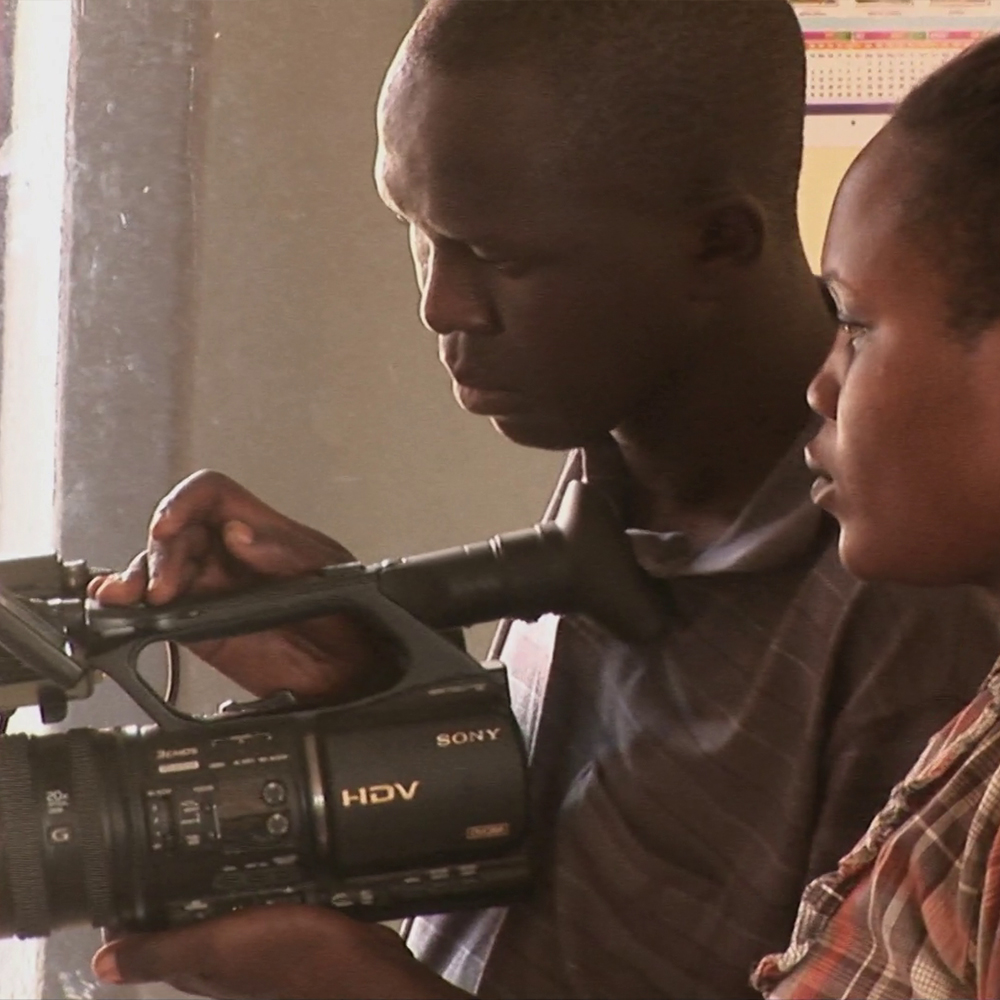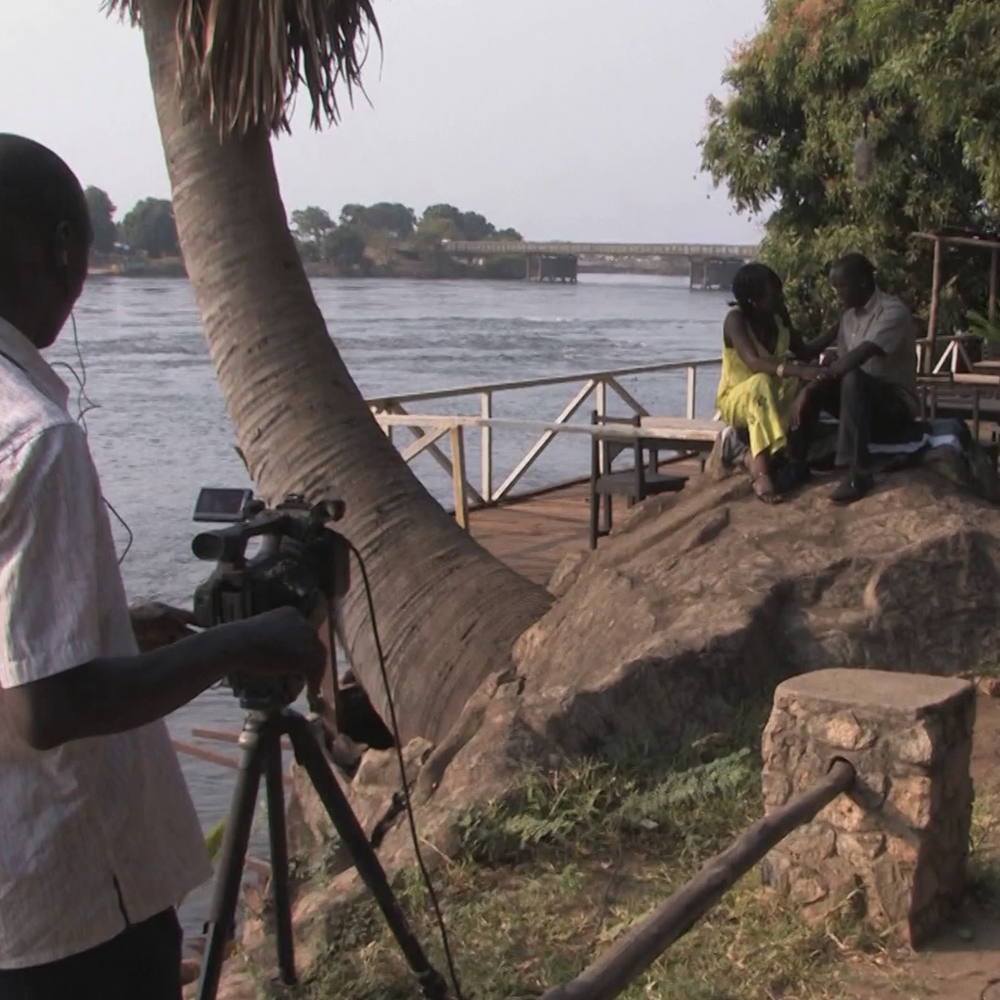COME, I’LL SHOW YOU
A WOMAN AND HER FATE
Mary was forced to marry a wealthy man who paid a large dowry to her parents. But Mary is in love with John, who hasn’t a penny. Even after the wedding, they can’t keep themselves apart. When Mary’s husband catches her meeting John, he becomes furious and insists on his traditional rights—reaching for the brutal means at his disposal. Can John rescue his beloved Mary?
 
In case your browser doesn’t allow the video to be automatically available, please click here to be re-directed to YouTube: DOWRY OF LIFE
COME, I’LL SHOW YOU
A WOMAN AND HER FATE
Mary was forced to marry a wealthy man who paid a large dowry to her parents. But Mary is in love with John, who hasn’t a penny. Even after the wedding, they can’t keep themselves apart. When Mary’s husband catches her meeting John, he becomes furious and insists on his traditional rights—reaching for the brutal means at his disposal. Can John rescue his beloved Mary?
 
In case your browser doesn’t allow the video to be automatically available, please click here to be re-directed to YouTube: DOWRY OF LIFE

COME, I’LL SHOW YOU THE
FILMMAKERS
| Director | Simon Bingo |
| Director of Photography | Gordon Morris |
| Editor | Simon Bingo, Christian R. Timmann |
| Assistant Director | Alex Taban |
| Sounddesign | Jana König |
| Sound | Sebit Anthony, Alex Joseph |
| Catering | Joice John Thomas |
COME, I’LL SHOW YOU THE
FILMMAKERS
Director
Simon Bingo
Director of Photography
Gordon Morris
Editor
Simon Bingo, Christian R. Timmann
Assistant Director
Alex Taban
Sounddesign
Jana König
Sound
Sebit Anthony, Alex Joseph
Catering
Joice John Thomas

COME, I’LL SHOW YOU THE
FILM INFORMATION
| Type | Fiction |
| Length | 9:07 min. |
| Language | English with English or German subtitles |
| Country of origin | South Sudan |
| Year | 2013 |

COME, I’LL SHOW YOU THE
FILM INFORMATION
Type
Fiction
Length
9:07 min.
Language
English with English or German subtitles
Country of origin
South Sudan
Year
2013
COME, I’LL SHOW YOU THE COUNTRY OF ORIGIN
SOUTH SUDAN
South Sudan (officially the Republic of South Sudan) gained its independence from the Republic of Sudan in the north in 2011 and is the most recently recognised sovereign state in Africa. The country borders Ethiopia, Kenya, Uganda, Democratic Republic of the Congo, and the Central African Republic. The capital city is Juba. English is the official language, but Arabic and many other languages are also spoken.
>/br>
A struggle for governmental power led to a civil war between 2013 and 2018, the effects of which can still be felt. About two thirds of the approximately 13 million inhabitants cannot read or write, and more than half of the population lives below the poverty line.
>/br>
Journalists in South Sudan regularly face threats, assault and intimidation efforts. Criticism of the government and its agencies is poorly tolerated. Since fighting began in 2013, the situation has worsened: many journalists were forced to flee from the violence, and many news outlets had to cease operations. On the 2020 World Press Freedom Index published by Reporters without Borders, South Sudan ranked 138th out of 180 countries.
COME, I’LL SHOW YOU THE COUNTRY OF ORIGIN
SOUTH SUDAN
South Sudan (officially the Republic of South Sudan) gained its independence from the Republic of Sudan in the north in 2011 and is the most recently recognised sovereign state in Africa. The country borders Ethiopia, Kenya, Uganda, Democratic Republic of the Congo, and the Central African Republic. The capital city is Juba. English is the official language, but Arabic and many other languages are also spoken.
>/br>
A struggle for governmental power led to a civil war between 2013 and 2018, the effects of which can still be felt. About two thirds of the approximately 13 million inhabitants cannot read or write, and more than half of the population lives below the poverty line.
>/br>
Journalists in South Sudan regularly face threats, assault and intimidation efforts. Criticism of the government and its agencies is poorly tolerated. Since fighting began in 2013, the situation has worsened: many journalists were forced to flee from the violence, and many news outlets had to cease operations. On the 2020 World Press Freedom Index published by Reporters without Borders, South Sudan ranked 138th out of 180 countries.

